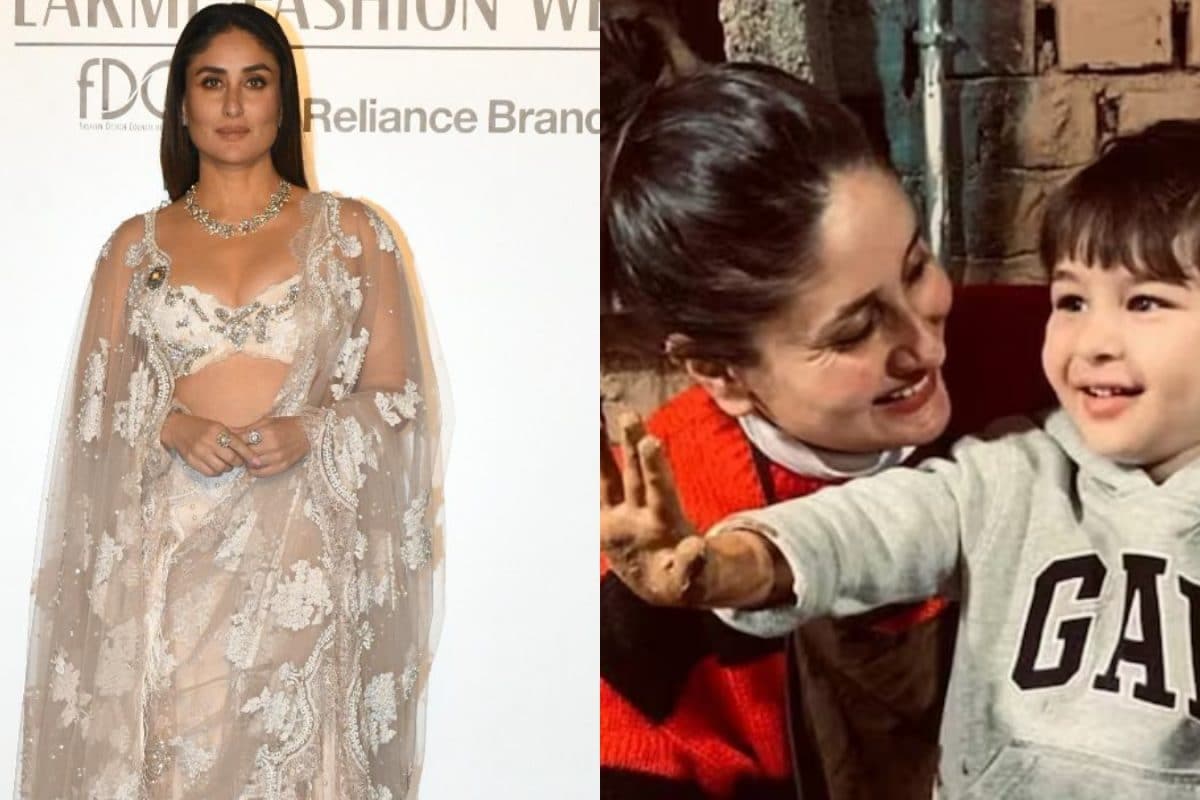Hip hop street styles in the 1980s borrowed from designer chic—in the form of a Gucci T-shirt. Gucci then grabbed the style for itself At this time of year, the high streets—what is left of them anyway—are filled with red and white banners declaring it’s our “last chance to buy”. We are bombarded with urgent demands to grab a bargain that will give us some longed-for confidence and social success.
Cheap “fast” fashion rightly gets a lot of stick for being environmentally damaging and made by workers in extremely poor conditions. Socialists want clothes that don’t cost the earth and decent workplace practices for garment workers. But that only takes us so far.

Thanks to the writings of Karl Marx, we can investigate the fashion industry from the perspective of both producer and consumer and explore how they relate to each other. Marx wrote about the contradiction between the glamour of luxury goods and the terrible conditions that workers experienced when producing them. “It is a curious fact that the production of precisely those articles which serve the personal adornment of the ladies of the bourgeoisie involves the saddest consequences for the health of the workers,” he said.
But it’s not just the fact that workers can’t afford the objects they produce or services they deliver. The capitalist workplace is organised around the needs of accumulation of profit, not to respond to our wants and needs. Clothes are more than simple objects to keep us .

























